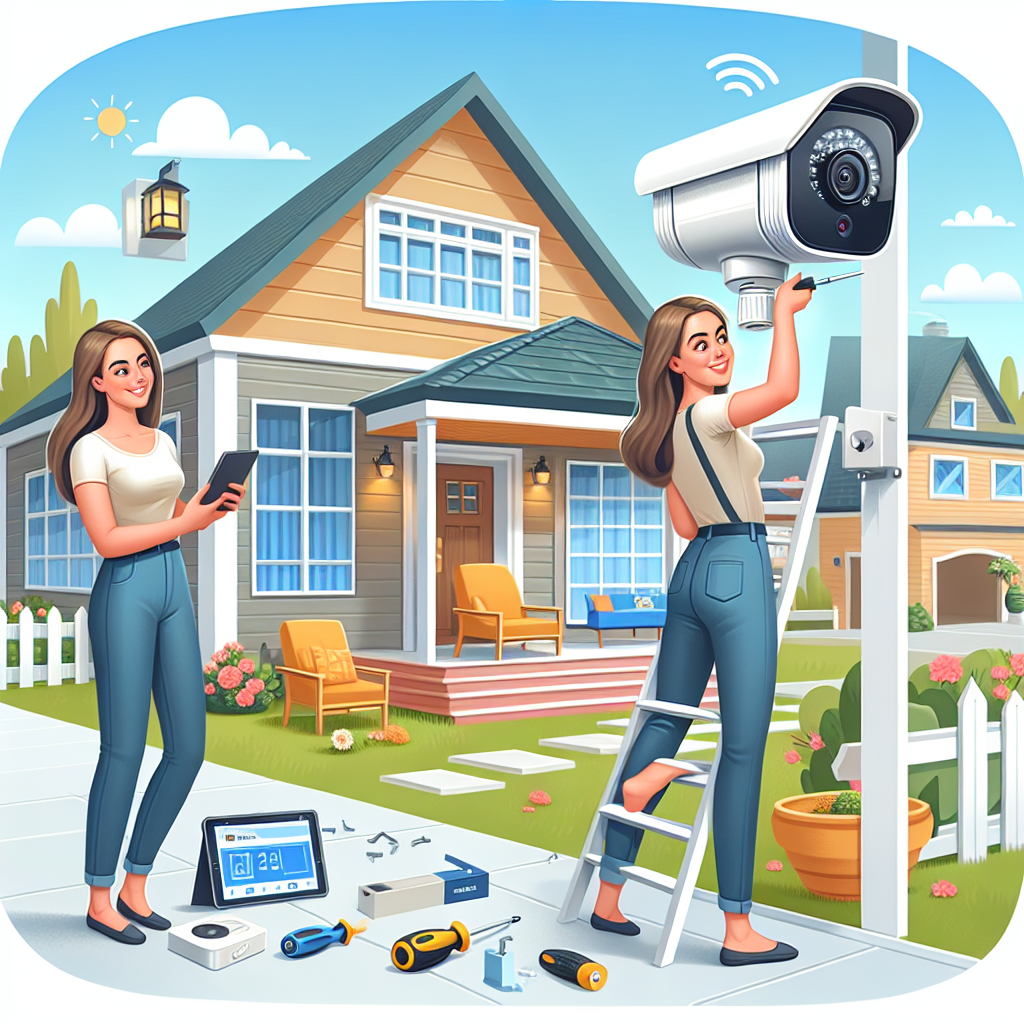Smart Locks vs. Traditional Locks: Which is More Secure?
As a homeowner, keeping our homes safe is a top priority. Many of us are torn between sticking with traditional locks or upgrading to smart locks. Let’s dive into the debate: Smart locks security versus traditional locks. Which is more secure for our homes?
Understanding Traditional Locks
Traditional locks have been around for ages. They’re the reliable deadbolts and key locks many of us grew up with. Simple to use, mechanical, and they get the job done. But, let’s face it, no system is perfect. Some traditional locks can be picked, and losing a key can lead to a whole ordeal of changing out locks. These locks offer basic security that we’ve trusted for years.
What Are Smart Locks?
Smart locks are the new kids on the block. Remember when phones became smartphones? Locks made the same leap. They use technology to offer features like remote locking and unlocking, app controls, and even integration with other smart home devices. Imagine not having to fumble for keys anymore. Now that’s convenience! But with new tech comes new considerations about security.
The Pros and Cons of Traditional Locks
- Pros: Super easy to use, no need for electricity or Wi-Fi.
- Cons: Can be picked, losing keys is a hassle, and not as convenient as smart locks.
The Pros and Cons of Smart Locks
- Pros: Convenient remote access, can integrate with smart home systems, no need for physical keys.
- Cons: Relies on electricity and internet; potential for hacking.
Comparing Security: Smart Locks vs. Traditional Locks
Smart locks security brings a layer of modern protection. They often come with encryption and are designed to be tough against digital break-ins. But like any tech, there’s always a risk of software vulnerabilities or power outages. Imagine your phone battery dies, and you’re locked out—yikes!
On the flip side, traditional locks, while not pick-proof, don’t rely on batteries or networks. They offer peace of mind for those who like to keep things simple. But they’re not invincible; experienced burglars know their way around a regular lock.
Which is Right for Your Home?
At the end of the day, the best choice depends on your lifestyle and needs. Looking Glass Structures can help you choose the right lock for your home. Whether you’re remodeling or need repairs, our experts provide advice on the latest in home security, ensuring you’re protected and comfortable.
If you’re tech-savvy and love modern conveniences, a smart lock might be the perfect fit. But if you prefer tried and true methods, a traditional lock will not disappoint. In many cases, using a blend of both could give you the ultimate security solution. Our on-demand handyman service can even help you install or upgrade your locks whenever you need.
Conclusion
Both smart locks and traditional locks have their strengths and weaknesses. As homeowners, we need to weigh these factors and decide what aligns with our security needs and lifestyle. If you’re looking to enhance your home’s security or need any maintenance and repairs, Looking Glass Structures is here to help. Together, let’s make your home the safest it can be.



